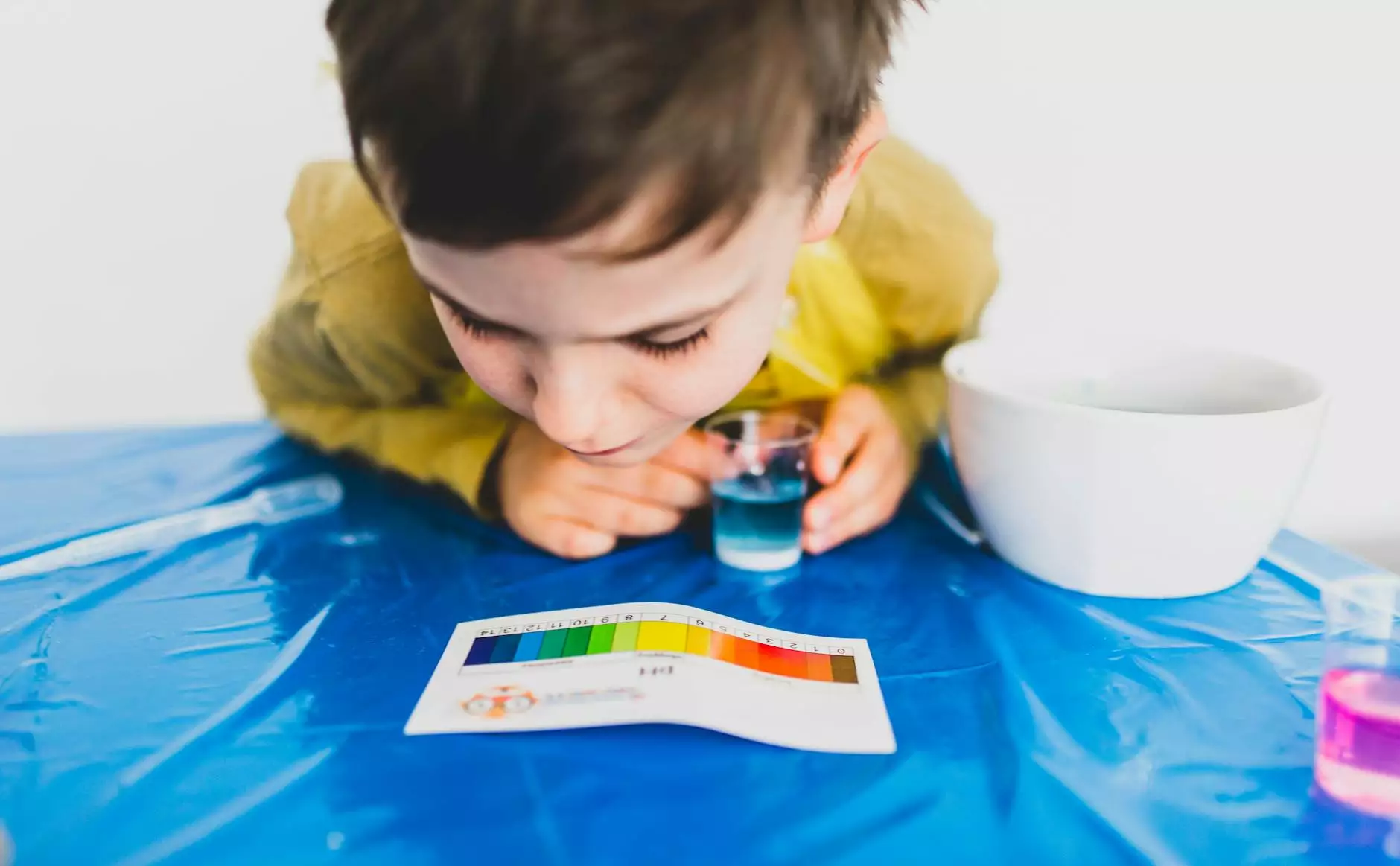Sibling Bullying Could Have Mental Health Effects
Blog
At Bowling Orthopaedics, we understand the importance of mental health and its impact on overall well-being. While our focus primarily lies in orthopaedic care, we believe it is crucial to shed light on various factors that affect mental health. In this article, we delve into the topic of sibling bullying and its potential mental health effects.
Understanding Sibling Bullying
Sibling bullying is a form of aggression that occurs within the family between siblings. It involves repeated acts of intentional harm, both physical and emotional, against a sibling. The effects of such bullying can have long-lasting consequences on the victim's mental health.
The Negative Impact on Mental Health
Research has shown a strong correlation between sibling bullying and various mental health conditions, including:
- Anxiety Disorders: Siblings who experience bullying often develop symptoms of anxiety, such as excessive worrying, irritability, and restlessness.
- Depression: The continuous emotional abuse and humiliation endured during sibling bullying can lead to depression and a sense of hopelessness.
- Low Self-Esteem: Sibling bullying can significantly damage a child's self-confidence, resulting in low self-esteem and a negative self-image.
- Post-Traumatic Stress Disorder (PTSD): Victims of severe sibling bullying may develop PTSD, experiencing flashbacks, nightmares, and heightened anxiety as a response to the trauma endured.
- Suicidal Thoughts: In extreme cases, the mental anguish caused by sibling bullying can contribute to suicidal thoughts and behaviors.
The Importance of Early Intervention
Recognizing and addressing sibling bullying is crucial to prevent long-term mental health issues. Parents and caregivers play a vital role in creating a safe and respectful environment within the family. Some essential strategies include:
- Open Communication: Encourage open dialogue among siblings, ensuring they feel comfortable expressing their feelings and concerns.
- Teach Conflict Resolution Skills: Provide guidance on how to resolve conflicts peacefully, teaching empathy and understanding.
- Set Boundaries: Establish clear boundaries regarding acceptable behavior and consequences for bullying.
- Seek Professional Help: If sibling bullying persists or has severe effects, seek guidance from mental health professionals who specialize in childhood trauma.
Conclusion
Sibling bullying should never be dismissed as a harmless part of growing up. Its detrimental effects on mental health can last well into adulthood, affecting relationships and overall well-being. At Bowling Orthopaedics, we advocate for the well-being of individuals and families, and we hope this article sheds light on the importance of addressing and preventing sibling bullying to promote positive mental health.










